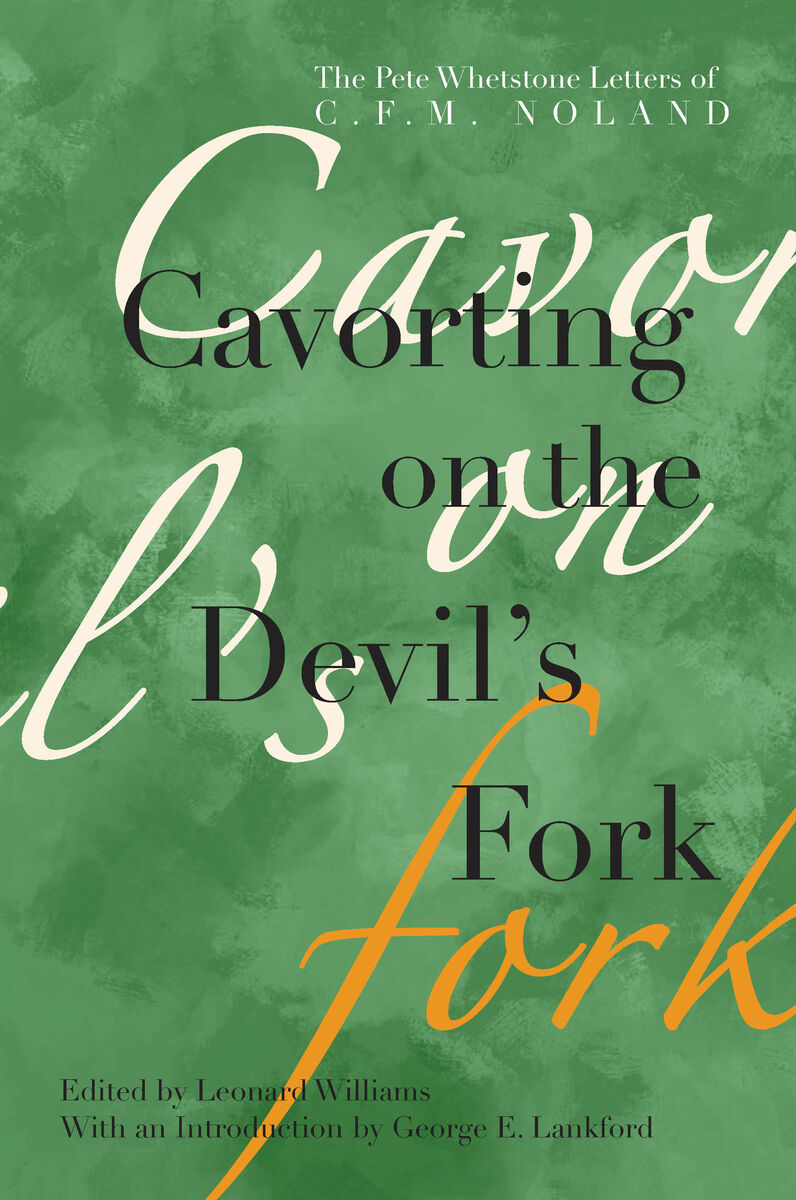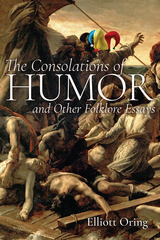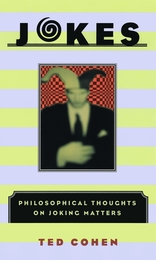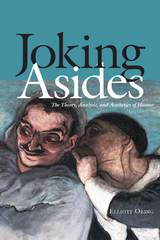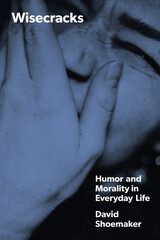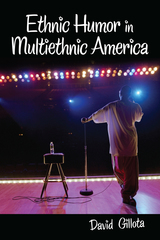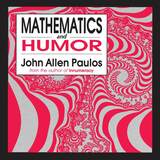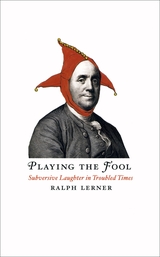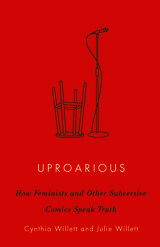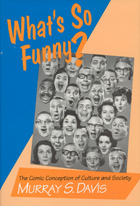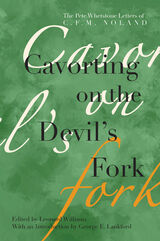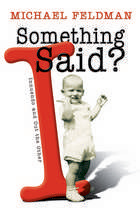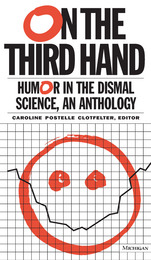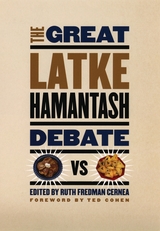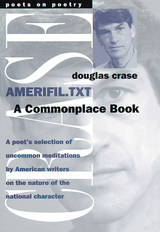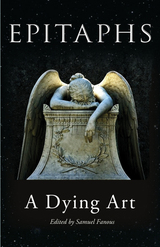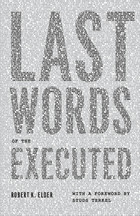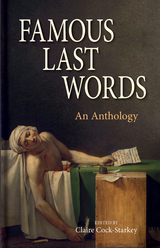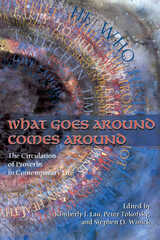Paper: 978-1-55728-834-9
Library of Congress Classification PN6158.N6 2006
Dewey Decimal Classification 808.307
By the 1840s American literature tradition had become fascinated with the frontier. The rural folk humor of the “Devil’s Fork” letters that a young Charles Fenton Mercer Noland (1810–1858) of central Arkansas began writing in 1837 was something the country wanted. His pieces were published regularly in New York’s Spirit of the Times, and he quickly achieved a reputation as one of the southwest’s best humorists. His tall tales told in dialect reflected the peculiar characteristics of the people of a backwoods region.
Noland’s semiautobiographical “Letters” were built around the experiences of Pete Whetstone, who, along with his neighbors, devoted himself to hunting, fishing, and an outdoors lifestyle. Through his first-person narration readers were able to experience an ideal southwest frontier existence. Here was a land of natural beauty, with clear rivers, forested mountains, and abundant game, a place where a person could live a free and rustic lifestyle.
Here too were horse races and bear fights, politics and balls. Unfortunately for Noland, an early death cut short a promising career. Had he lived longer and written more, he could have become one of America’s great nineteenth-century humorists. Midcentury America was certainly looking for one.
See other books on: American wit and humor | Devil's Fork | Lankford, George E.
See other titles from University of Arkansas Press
